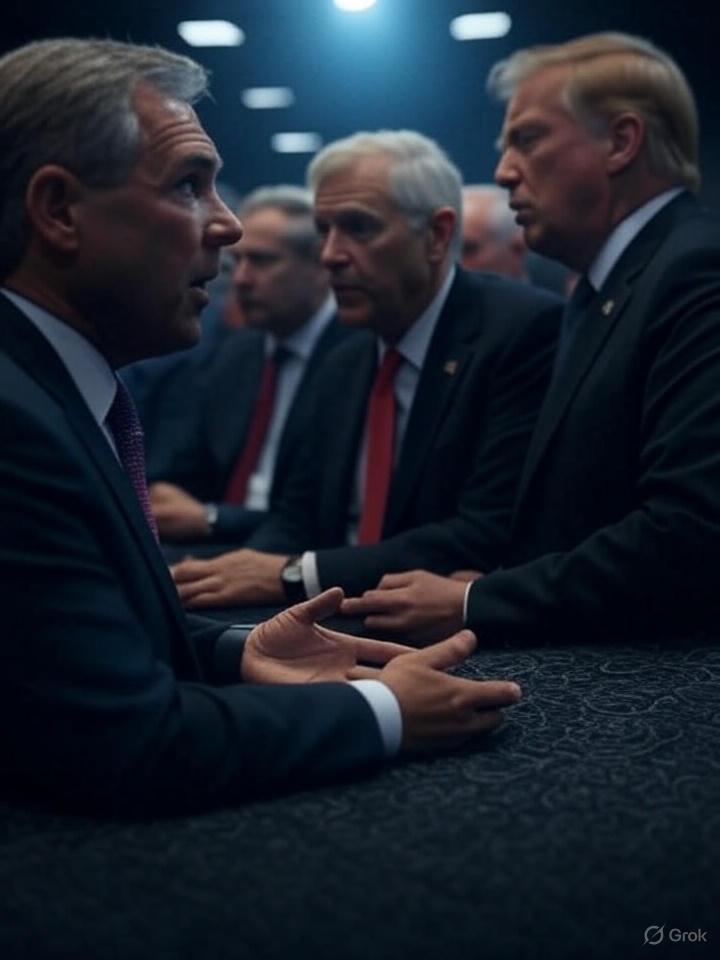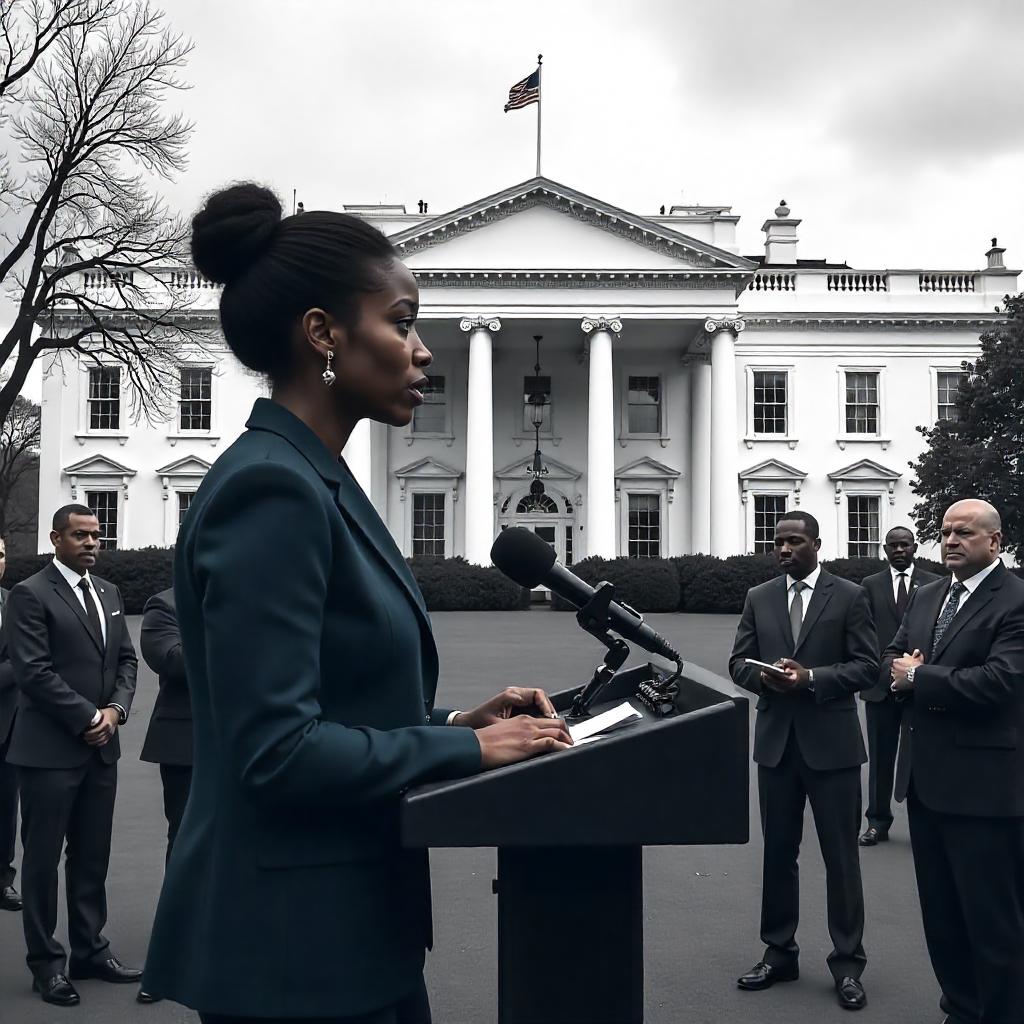What’s the Pact?
In May 2025, after three years of negotiations, governments adopted a legally binding WHO pandemic response agreement—formally named the Pandemic Agreement—and amended the International Health Regulations (IHR). These changes aim to boost global pandemic preparedness by establishing a new “pandemic emergency” category and requiring manufacturers to allocate 20% of future vaccines, treatments, and tests to WHO for equitable distribution in poorer countries (HHS.gov, Reuters).
Why the US Sails Away
On July 18, 2025, the Departments of State and HHS formally rejected the IHR amendments and the Pandemic Agreement (Reuters). They claimed that:
- The amendments grant the WHO vague new powers—such as declaring pandemics, ordering lockdowns, or international health mandates—that could override U.S. authority (Reuters).
- The language is overly broad and politicized, potentially focusing on “solidarity” instead of swift, effective response (Reuters).
- The process lacked “adequate public input,” raising transparency and sovereignty concerns (Reuters).
- Rejecting the accord safeguards domestic policy-making and civil liberties (Dawn).
The Political Drivers
- The rejection was signed off by Secretary Marco Rubio and HHS Secretary Robert F. Kennedy Jr.—a vocal vaccine skeptic (Reuters).
- Both framed their decision as “putting Americans first” and protecting national sovereignty, portraying the WHO’s expanded powers as threats to privacy and freedom (HHS.gov).
- Although the amendments don’t legally override national health laws, U.S. leaders argue their tone and structure do (Reuters).
Global Fallout & Pushback
- WHO Director-General Tedros Adhanom Ghebreyesus emphasized that these reforms are crucial countermeasures after the uneven COVID-19 response and warned the U.S. decision weakens global health defenses (AP News).
- Funding gaps persist: with the U.S. already cutting WHO contributions, Director-General Tedros appealed for increased support—including a modest $2.1 billion budget ahead of global conferences (AP News).
- Critics argue the U.S. is pursuing an “America First” ideology—mirrored by earlier withdrawals from WHO and the Paris Agreement—undermining multilateral health cooperation (Wikipedia, Vox).

Risks for Global Health Security
| Concern | Impact |
|---|---|
| Pandemic preparedness | Weakens binding mechanisms for global stockpiling and distribution of vaccines & treatments (Reuters) |
| WHO authority | Diminished role in declaring emergencies—leaving countries to respond independently |
| Funding shortfalls | U.S. cuts worsen an existing ~$1.7 billion budget deficit, affecting WHO operations (AP News) |
| Slowing treaties | Without U.S. participation, the Pandemic Agreement’s reach and effectiveness are significantly limited |
| Multilateral erosion | Adds to a series of U.S. withdrawals from international systems under a nationalism-first agenda (Wikipedia, Vox) |
6. What Happens Next?
- The U.S. will remains outside the treaty and IHR amendments once they enter force, likely this summer after the July 19 rejection deadline (HHS.gov).
- WHO will continue advocating for member states to adopt and implement the pact, despite U.S. absence (AP News).
- The Biden-era or future administrations may choose to rejoin or renegotiate aspects, depending on political changes in Washington.
Conclusion
The U.S. rejection marks a pivotal moment: it withdraws from mechanisms designed to ensure equitable, coordinated pandemic responses. While framed as a defense of sovereignty and individual freedom, experts warn it could weaken global readiness and survival strategies during future pandemics. The move reflects a continuing skepticism about multilateral systems and reinforces the tension between national prerogatives and global health solidarity.

